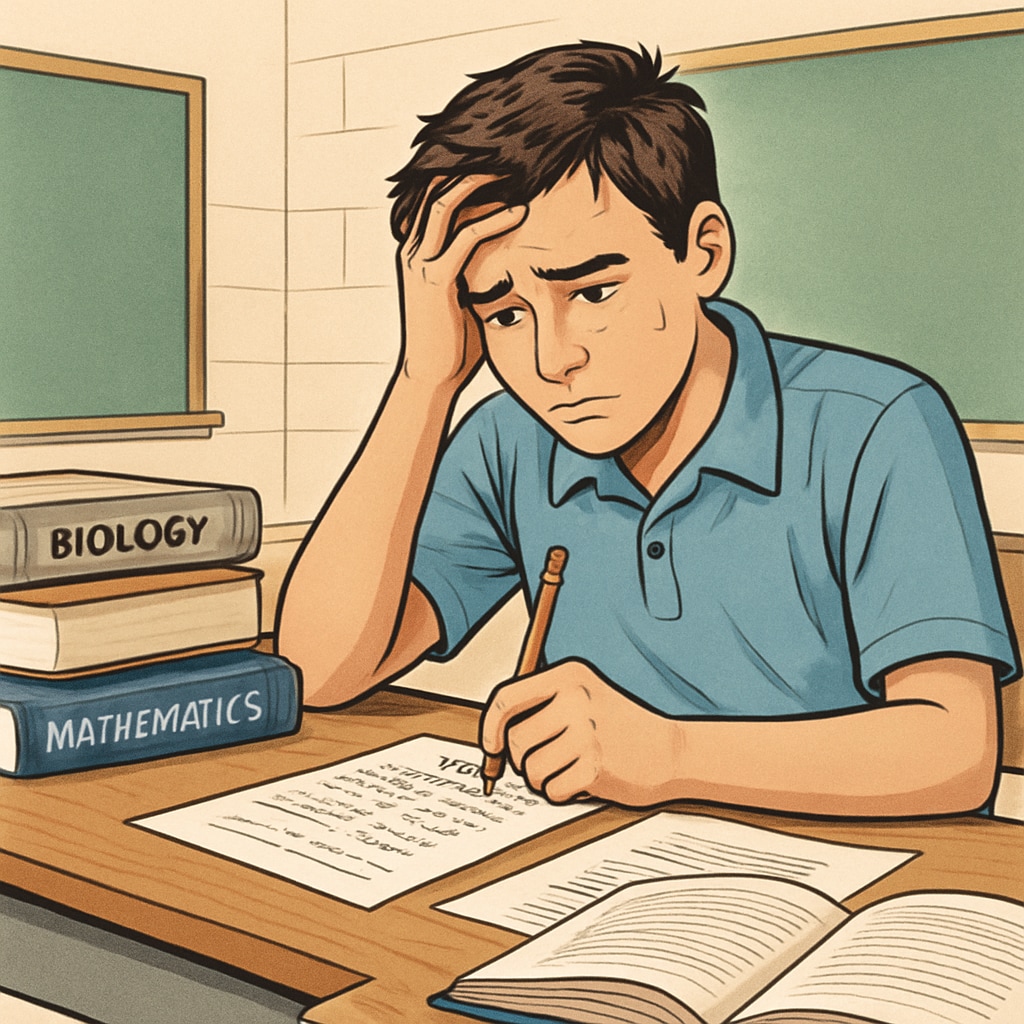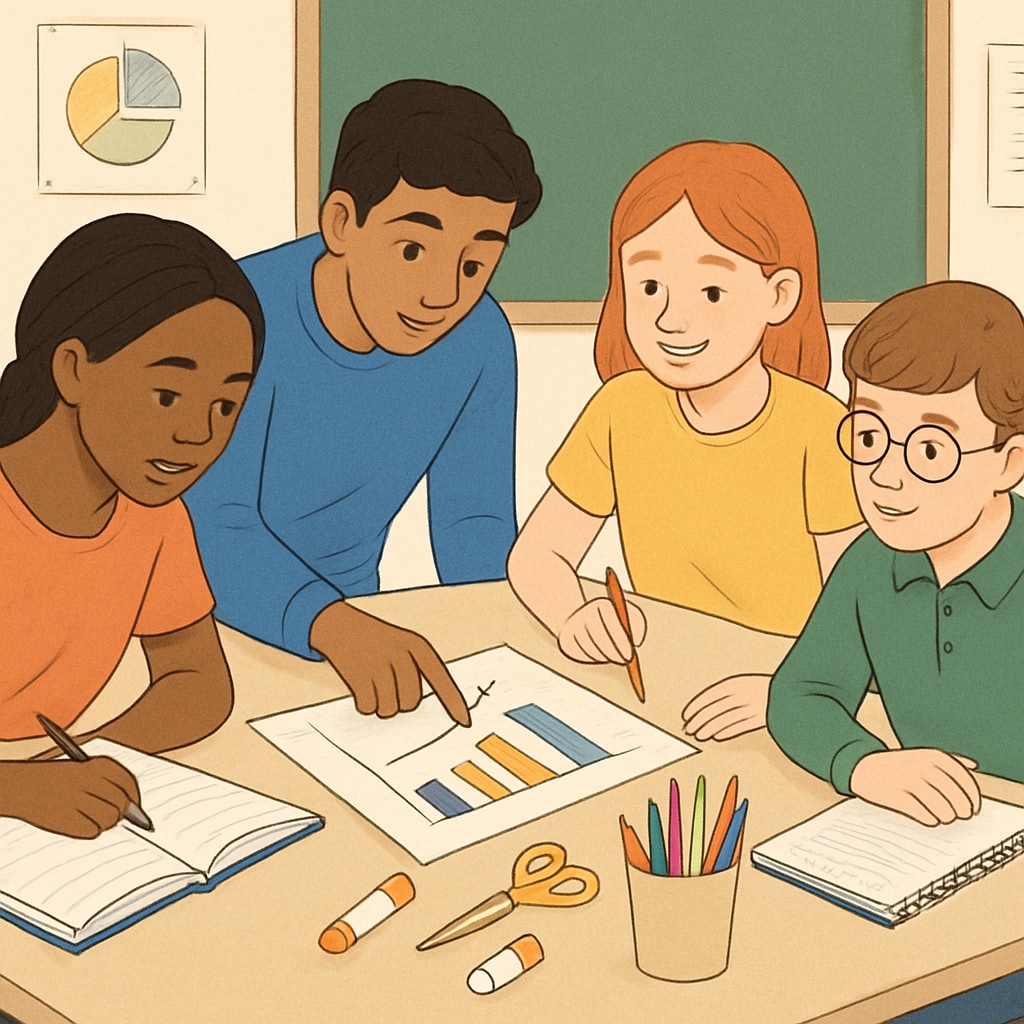The rapid rise of artificial intelligence (AI) is reshaping various sectors, and education is no exception. Traditional competitive exams, long regarded as a measure of academic merit, are increasingly being questioned in the AI era. These exams often fail to accommodate the diverse talents and skills that students possess. To address this, experts are calling for reforms in the talent selection process, advocating for a system that prioritizes creativity, critical thinking, and adaptability over rote memorization.
Challenges of Traditional Competitive Exams in the AI Era
Competitive exams have historically focused on a one-size-fits-all model, emphasizing standardized testing and academic achievement. However, as AI continues to automate repetitive tasks and analytical processes, the demands of the workforce are shifting. The following are some critical limitations of traditional exams:
- Narrow Skill Assessment: Standardized tests often prioritize memorization and formulaic problem-solving, neglecting creativity, innovation, and emotional intelligence.
- Stress and Mental Health: The high stakes of these exams can lead to undue stress, anxiety, and even burnout among students.
- Limited Adaptability: These exams fail to account for diverse learning styles and the unique strengths of individual students, reinforcing a narrow definition of “success.”
For example, AI tools like ChatGPT are now capable of solving complex problems and generating content, raising questions about the relevance of testing knowledge that machines can easily replicate. Instead, education systems must pivot toward developing skills that AI cannot replace, such as ethical reasoning, interpersonal communication, and strategic decision-making.

Reimagining Talent Selection for the Future
To address these challenges, policymakers and educators must work together to design a more inclusive and forward-thinking evaluation system. A reimagined talent selection process could incorporate the following elements:
- Portfolio-Based Assessment: Encourage students to build portfolios demonstrating their achievements, projects, and extracurricular contributions over time.
- Project-Based Learning: Replace rote tests with hands-on projects that require collaboration, critical thinking, and real-world problem-solving.
- Soft Skill Evaluation: Introduce methods to assess communication, teamwork, and leadership abilities, which are increasingly valued in the modern job market.
- AI-Assisted Personalization: Leverage AI to tailor assessments to individual strengths and learning styles, ensuring a fairer evaluation process.
For instance, the Finnish education model emphasizes formative assessments and interdisciplinary projects, allowing students to explore their interests and strengths. By adopting similar principles, other nations can foster a more equitable and comprehensive approach to education.

The Role of Governments and Institutions
Government bodies and educational institutions have a critical role to play in implementing these reforms. They must invest in teacher training, infrastructure, and AI tools that support personalized learning. Additionally, policymakers should establish frameworks for evaluating both academic and non-academic achievements, ensuring that no student is left behind.
Moreover, partnerships with technology companies and research organizations can help develop innovative assessment methods. For example, AI-driven platforms like Khan Academy and Coursera already provide adaptive learning experiences, which could be expanded to include talent evaluation.
Conclusion: Unlocking True Potential in the AI Era
As the world transitions into an AI-driven future, it is imperative to rethink our approach to education and talent selection. Traditional competitive exams, while historically significant, are no longer sufficient to meet the needs of modern society. By embracing multi-dimensional evaluation systems, we can unlock the true potential of every student, preparing them for a future where creativity, adaptability, and emotional intelligence are paramount.
Education is not just about grades; it is about nurturing well-rounded individuals who can thrive in an ever-changing world. The AI era demands nothing less.
Readability guidance: This article uses concise paragraphs and lists to ensure clarity. Transition words like “however,” “for example,” and “as a result” are used throughout to enhance readability. Passive voice and overly long sentences are minimized.


